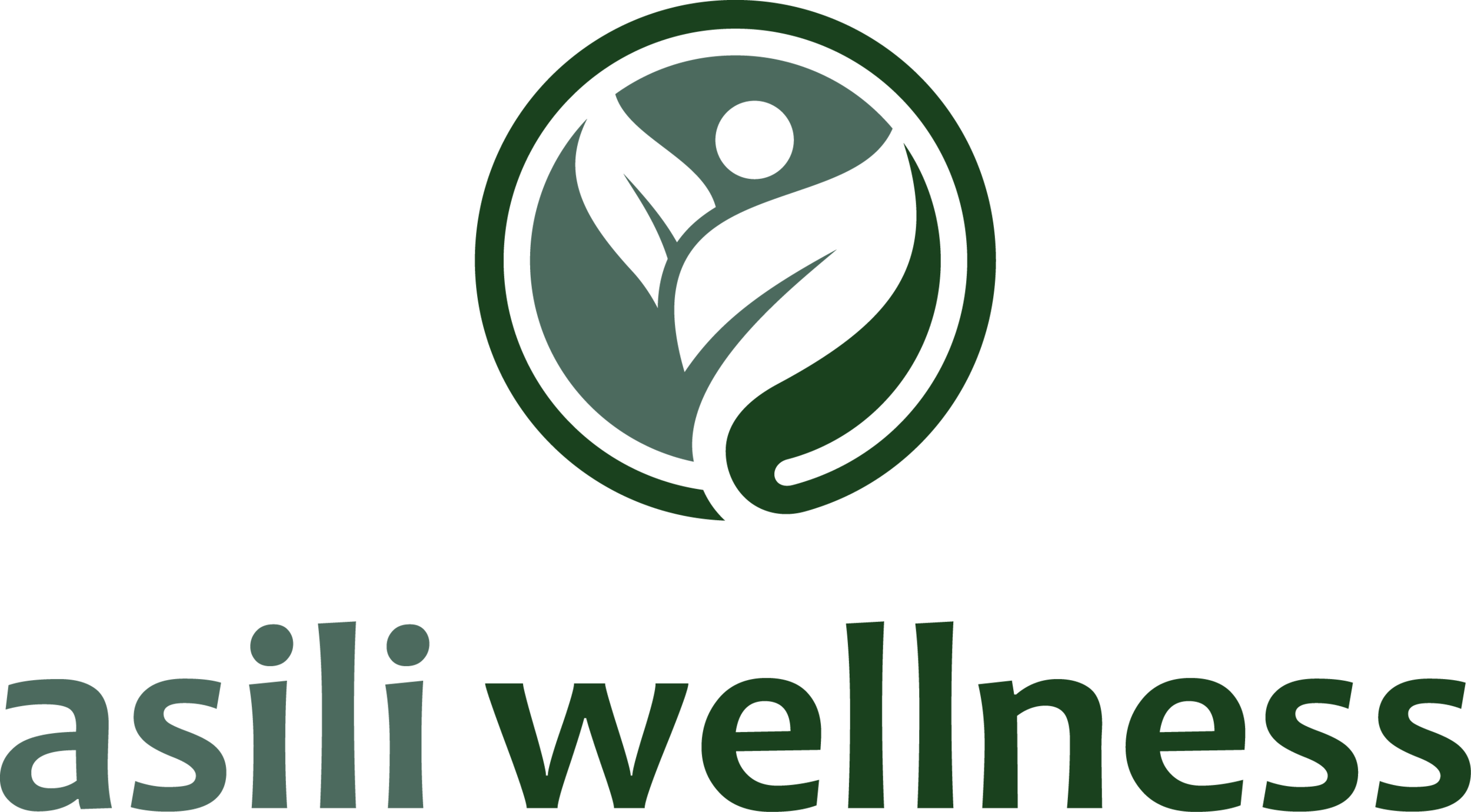Syncing with Sleep: The Science and Art of Sleep Optimization
Let's talk about something we all value but might not always get enough of—sleep. It's not just a time to recharge; it's essential for our overall health and happiness! In our busy lives, figuring out how to get quality sleep is vital to thriving.
Sleep plays a massive role in everything from physical health to mental sharpness, emotional balance, and overall energy levels. This friendly guide is about understanding sleep better and sharing tips to help you catch those Zs and enjoy all the beautiful benefits of good sleep.
Getting to Know the Science of Sleep
Understanding how sleep works is critical to making it count. It consists of different stages, each playing a unique part in keeping us healthy and happy.
We cycle through light sleep, deep sleep, and REM (rapid eye movement) sleep, which is vital for our brain's functioning, memory, and overall restoration. Our bodies follow a natural circadian rhythm that syncs our internal processes with the day-night cycle. Aligning our sleep with this rhythm can enhance our sleep quality.
Quality sleep is powerful—it boosts our immune system, balances hormones, helps in cell repair, and supports brain health, leading to better focus and emotional strength. When we understand how important sleep is for our health, we can take steps to improve it. With this knowledge, we can fully harness the benefits of good sleep.
Your Guide to Sleep Optimization
Ready to get better sleep? Here are some invaluable tips to help you:
(1) Practice Sleep Hygiene
Make your bedroom a cozy retreat by keeping it at a comfortable temperature, reducing noise and light, and investing in a comfy mattress and pillows.
(2) Stick to a Sleep Routine
Going to bed and waking up at the same time every day can help reset your internal clock, making it easier to get quality rest. For the best results, try to keep this routine even on weekends!
(3) Watch What You Eat
What you eat can either help or hinder your sleep. Avoid heavy meals before bedtime and reduce caffeine in the afternoon or evening for better sleep.
(4) Move Your Body
Regular exercise is a fantastic way to improve sleep. Remember to finish your workouts earlier in the day to promote more restful nights.
(5) Set Up a Pre-Sleep Routine
Have a wind-down routine before bed—maybe reading a book, taking a warm bath, or listening to calming music. This will signal your body that it's time to relax.
(6) Limit Screen Time Before Bed
As bedtime approaches, try to manage your tech use. Set a digital curfew, dim your screens, or use blue light filters to help your mind unwind before sleep.
(7) Practice Mindfulness and Meditation
Mindfulness can do wonders for your sleep! Techniques like deep breathing, body scans, or guided meditations can help calm your mind and prepare you for a restful night.
Incorporating these tips into your daily life can improve sleep, making nights more refreshing and energizing. Plus, knowing you're working towards better sleep is a great motivator!
Final Thoughts
So there you have it! We've explored the wonderful world of sleep optimization and the importance of prioritizing quality sleep. By understanding the various stages of sleep and the impact of circadian rhythms, we can recognize what affects our sleep patterns and overall wellness.
Weaving these invaluable sleep strategies into your everyday life will likely make you feel more energized, focused, and balanced. Investing in quality sleep is a beautiful choice for your health and happiness, setting the stage for a fulfilling and productive life! Sweet dreams!
At Asili Wellness, we offer holistic therapeutic services to enhance, nourish, and transform well-being.
We'd love to walk alongside you in creating your happiness and enhancing your ability to promote health, prevent disease, encourage self-care, and foster healing. Let's work together to fill your cup! Reach out today and schedule a complimentary consultation.
Explore Yoga + Talk Therapy
Shop Products
Join Thrive
thrive is a complimentary resource with fresh goodies each month intended to help you create a healthier lifestyle mentally, physically, and emotionally.
Call, email, follow, or shop today to start your journey!
Peace + Wellness, Dr. Nicole









